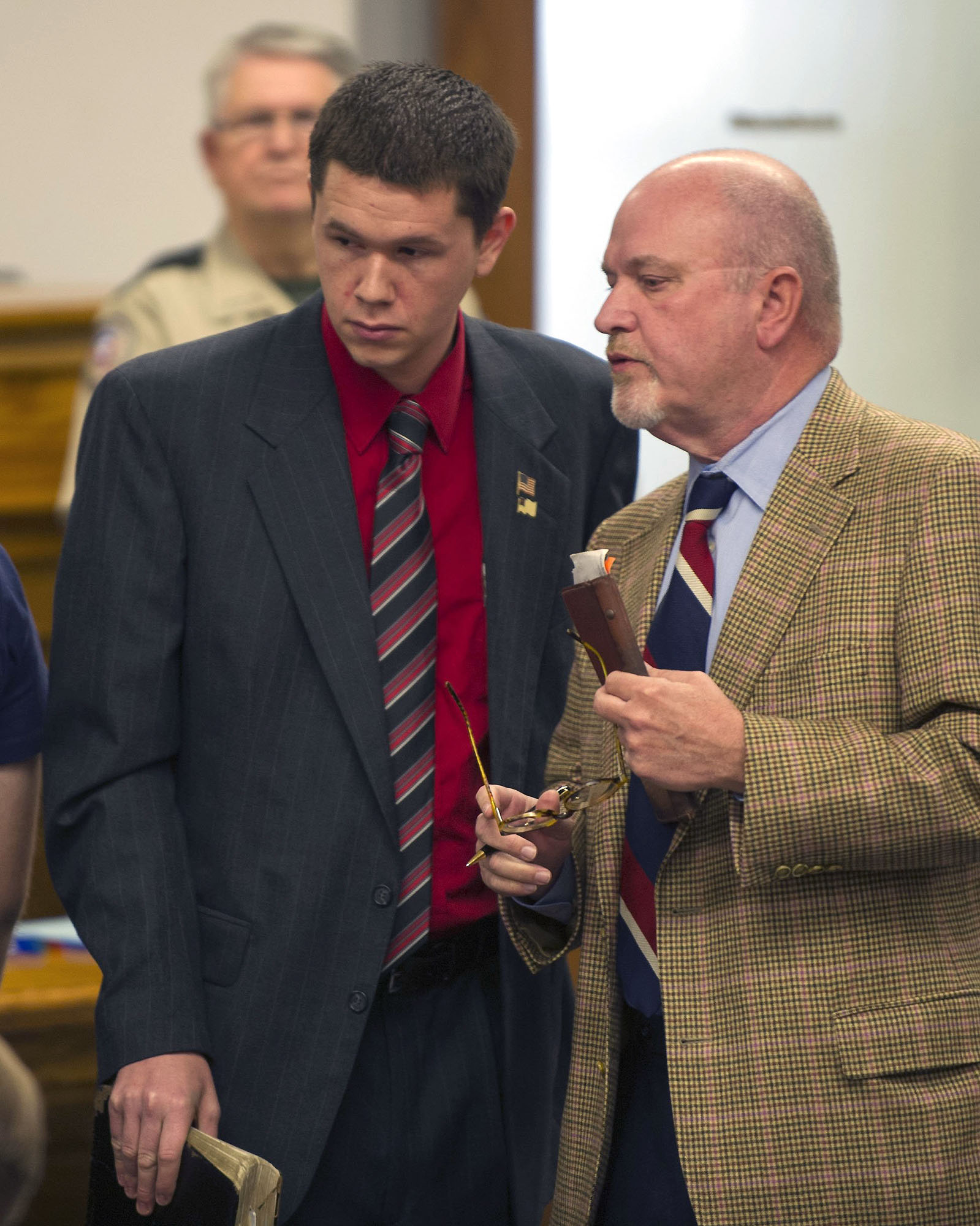The snake-handling Campbell County preacher whom a grand jury recently decided not to indict on charges of illegal possession of wildlife will not be getting his disease-ridden snakes back, according to the Tennessee Wildlife Resources Agency.
Matt Cameron, a public information officer for TWRA, said this week that possession of the snakes is now in limbo, as they have yet to be signed over to the agency.
Regardless, these particular snakes definitely won't be making any more appearances in Andrew Hamblin's services at Tabernacle Church of God in LaFollette, according to Cameron.
"They are contraband, so we can't return them," Cameron said. "If they confiscated drugs from a drug dealer and he was exonerated, he wouldn't be getting his drugs back. This is a similar situation."
Hamblin isn't surprised at the news.
"I knew I wasn't getting them back. There was no question about it," Hamblin said. "There's no hard feelings toward the TWRA."
Now it's a bad situation for the snakes, as they can't safely be released into the wild or kept in captivity, according to Cameron. The diseases they now have as a result of close quarters during their time at Tabernacle Church of God makes them capable of infecting snakes in the wild and other snakes in captivity.
Many died while being kept at the Knoxville Zoo, according to a statement from Michael Ogle, the zoo's curator of herpetology.
"Out of the 53 snakes that were brought to Knoxville Zoo by TWRA, 32 have died due to poor body condition caused by anorexia that was a result of severe parasite infestation and overall stress caused by being housed in quarters that were too small," Ogle said.
"Unfortunately, there is no successful treatment for these pathogens, which could be fatal for any other snakes, captive or wild, that were exposed to them."
Hamblin admitted that he did have too many snakes when TWRA confiscated them, but said he does try to take care of the ones he keeps.
"We did have too many when the TWRA came, but we do take pride in trying to take care of them," Hamblin said. "We do have some die. Like if somebody comes in with a snake that has a parasite and I'm not aware of it, that snake may die and then the other snakes might get sick."
He said they try to keep the snakes at "zoo standards," and that he's seen snakes live for years in captivity.
Both Ogle and Cameron said they are working with veterinarians to see what options are available for the remaining 21 snakes.
Contact Ross Stansberryt at rstansberry@knoxnews.com.

